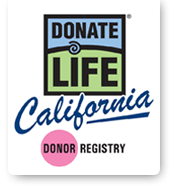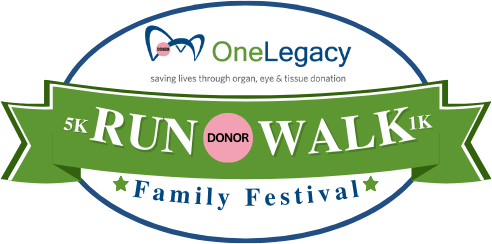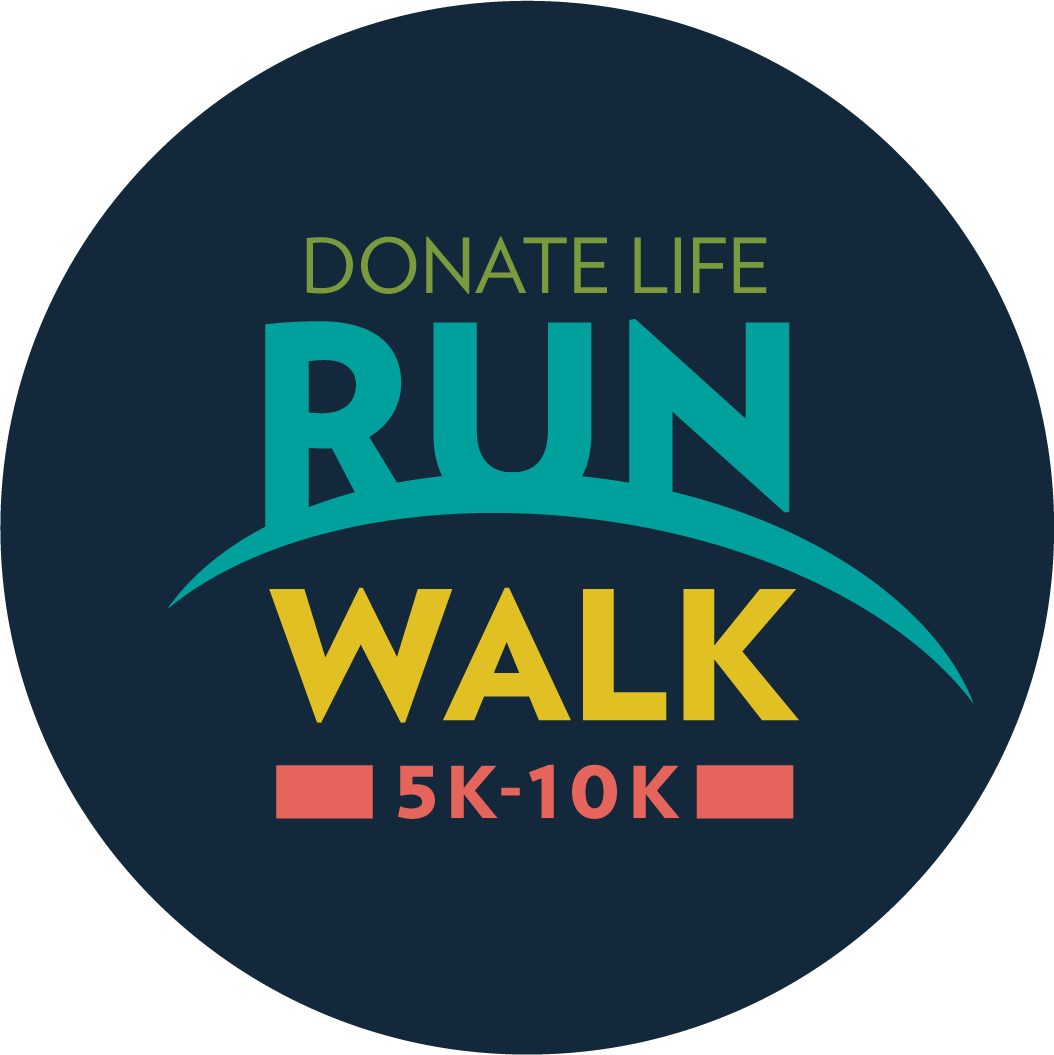Fresno Woman to be Honored as a Living Donor Hero on the Donate Life Rose Parade® Float
FRESNO, Calif., October 8, 2019 – Fresno resident Regina Tanner has been selected by Donate Life California as the 2020 Donate Life Rose Parade® Float living donor honoree. Regina will walk alongside the float, Light in the Darkness, during the 131st Tournament of Roses Parade on New Year’s Day.
Regina, a retired nurse and attorney, became a living organ donor in the fall of 2016 when her husband, Cary, was in dire need of a new kidney. While Regina volunteered to be his donor without hesitation and was a match, the doctors informed her that she and Cary could take part in a 9-person paired kidney donation chain that would save 18 lives. Nine people received kidneys, freeing up others to move up on the transplant waiting list. She donated her kidney to a stranger and Cary received a kidney from the relative of another kidney recipient in the donation chain.
Both Regina and Cary recovered quickly and continue to enjoy their lives together. Today, Regina is an advocate for organ, eye and tissue donation and volunteers her time in the community as a Donate Life Ambassador with Donor Network West. The nonprofit organ and tissue recovery organization serves 45 counties in Northern California and Nevada.

Regina Tanner, Donate Life California’s 2020 Rose Parade® Float Honoree.
“While donating a kidney is major surgery, the surgical experience and recovery were much easier than I anticipated,” said Regina. “I had the chance to help save my husband’s life and someone else’s, and if it was possible, I would do it again in a heartbeat. I hope that our story will bring attention to unrelated paired kidney donations and the ease of accessibility in becoming a living donor so that others may be encouraged to donate.”
Kidneys are the most needed organ for transplantation in the United States. Of the 113,000 persons waiting for a life-saving transplant, 84% are waiting for a new kidney. While most transplanted kidneys are recovered from deceased donors, living donors like Regina help improve outcomes and save lives.
“Donate Life California is proud to have Regina Tanner as our honoree for the Donate Life Rose Parade® float,” said Jim Martin, Chief Executive Officer of Donate Life California. “Regina and Cary’s story of selflessness emphasizes how important it is that we have living kidney donors to help save lives. With tens of thousands of persons waiting for a new kidney, we hope that shining a light on Regina’s experience will encourage others to become donors.”
The average wait time for a new kidney is about seven to ten years in California, but many like Cary rely on a living donor to gift them a kidney. In 2010, Living Donation California was created to help increase living donation and serve as a resource for those looking to become living donors.
“We all have the power to say ‘yes’ to donation to give hope to the thousands who wait for a life-saving organ transplant. Regina used hers to be a living kidney donor. Her compassion and generosity of spirit fully embody the Rose Parade’s theme, The Power of Hope,” said Janice F. Whaley, Chief Executive Officer of Donor Network West.
Each day, 22 people in the U.S. die waiting because the organ they needed did not become available in time. Organs needed for transplant are heart, lungs, liver, kidneys, pancreas or intestine.Tissue transplants, meanwhile, save and heal lives. Tissues for transplant include cornea, skin, heart valves, bone tissue, tendons, veins, ligaments, and cartilage. More than a million tissue transplants occur each year, and the surgical need for tissue has been steadily rising. Corneal transplants restore sight to nearly 50,000 people each year.
Fast Facts:
– In 2018, organ, eye and tissue donors in California saved more than 4,100 lives and improved thousands more with eye and tissue donation.
– 22 people across the country die each day awaiting life-saving organ transplants.
– Nearly 22,000 people (about 19 percent of the national list) who wait for a life-saving organ transplant live in California.
About the 2020 Donate Life Rose Parade® Float

Concept art of the 2020 Donate Life Rose Parade® Float.
The 2020 Donate Life Rose Parade® float, Light in the Darkness, shares the Power of Hope by highlighting Southeast Asia’s Diwali, or the Festival of Lights, a celebration of light shining in the darkness. Organ, eye, and tissue donation is often the first spark of light families see when in their darkest moments, the opportunity to honor their loved ones’ legacy provides hope and light to both grieving donor families and grateful recipients.
About Donate Life California:
The Donate Life California Organ & Tissue Donor Registry is the nonprofit, state-authorized organ, eye, and tissue donor registry. As a public service, the registry assures that all personal information is kept confidential and stored in a secure database, accessible only to authorized organ and tissue recovery personnel at the time of an actual donation opportunity. The registry is administered by Donate Life California and California’s four nonprofit, federally designated organ recovery organizations: Donor Network West, Lifesharing, OneLegacy, and Sierra Donor Services. For more information about Donate Life California; how organ, eye and tissue donation saves and improves lives; and to sign up, please visit www.donateLIFEcalifornia.org or in Spanish at www.doneVIDAcalifornia.org.
More Fast Facts from Donate Life California:
– All major religions support or permit organ, eye and tissue donation.
– You’re never too old to register as an organ, eye and tissue donor.
– Do not rule yourself out! People with all medical conditions are potential donors.
Please visit Donate Life California’s Stories of Hope web page to read inspiring stories about organ and tissue donors and recipients from around the state.
About Living Donation California:
Living Donation California is a free information and referral service that encourages California residents to be altruistic kidney donors, provides accurate information about living donation and refers potentially eligible individuals for evaluation at a transplant center.
Living Donation California is administered by Donate Life California, which manages the state-authorized organ and tissue deceased donor registry. Also, Living Donation California is supported by a Board of Advisors which includes participating California kidney transplant programs. Learn more at www.livingdonationcalifornia.org.








